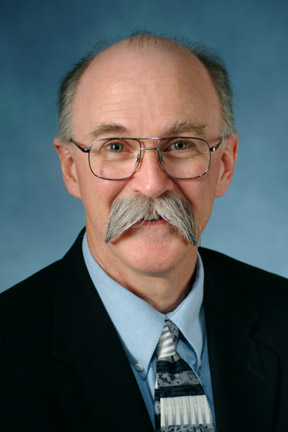Lawrence has been on a spree of approving retail shopping centers that are not needed. The City Commission approved a second Wal-Mart. It approved another shopping center at 6th and Wakarusa, far beyond the square footage called for at that intersection. It approved two large shopping centers at 6th and the South Lawrence Trafficway.
This excessive approval of retail development proposals has been going on for some time, and it is harmful to the community. It hurts the downtown generally by siphoning spending away. It makes it impossible to complete various downtown redevelopment projects, such as Downtown 2000, which has left the taxpayers paying for an empty parking garage building. It hurts the capacity of other downtown projects to attract tenants, such as the Hobbs-Taylor building. It adds to the stock of vacant and deteriorating space found all over town.
Lawrence has developed retail space at a growth rate of 3.0 percent per year from 1995 through 2007. Yet, inflation adjusted retail spending--a good measure of demand for this space--has grown by only 0.9 percent per year during the same time period. Thus, Lawrence has allowed its supply of retail space to grow at over three times the pace of growth of demand for that space. This means that new space, if absorbed at all, simply takes demand away from existing space. The result is widespread vacancy, deterioration, and blight.
Overland Park is a nearby city confronting similar growth problems. It is interesting to note that Overland Park has kept the pace of growth of retail supply in line with the growth in demand for that supply. From 1990 through 2007, inflation adjusted retail spending in Overland Park grew by 2.1 percent per year. During the same years, Overland Park allowed its stock of retail space to grow by 1.7 percent per year.
Overland Park is practicing smart growth. It is keeping the growth in supply in balance with the growth in demand. As a result Overland Park’s retail market is in much better shape than is Lawrence’s retail market. Lawrence is not practicing smart growth, and it is paying the price.
What happens when developers control the pace of growth?
The Planning Commission tends to worsen these mistakes by granting the developers unlimited extensions of time in which to develop. When these developments initially go before the Planning Commission and the City Commission, they promise to initiate development within 18 months. Several have failed to move forward because they cannot find sufficient tenants. Rather than admit a mistake, they ask for--and receive--extensions of time to look for tenants. The Planning Commission should admit the mistakes of approving these unneeded developments and refuse the extensions.
Lawrence city government is controlled by the coalition of developers who contributed heavily to get pro-developer individuals elected to the City Commission. These elected pro-developer city commissioners have appointed pro-developer friends to the Planning Commission. This means that developers are getting all that they ask for, even when it runs contrary to the community’s plan which calls for balanced growth.
There is value in smart growth. It prevents loss of value to existing centers. It protects the existing downtown. It helps maintain a healthy level of investment in existing shopping centers. It promotes redevelopment plans.
Lawrence is losing value rapidly. Smart growth can help resolve that problem, but we need leadership that understands the harm that results from letting developers set the pace of growth. We need leadership that understands that smart growth will not happen by itself; we need to consciously plan for our future and work hard to achieve it.

No comments:
Post a Comment